Market Share
Syrup Market Share Analysis
In the dynamic landscape of the Syrup Market, companies employ various market share positioning strategies to stand out and capture a larger portion of the market. One such strategy is product differentiation. Syrup manufacturers differentiate their products by offering a wide range of flavors, textures, and formulations to cater to diverse consumer preferences. For example, some companies may specialize in traditional flavors like maple or chocolate, while others may innovate with unique combinations such as fruit-infused or sugar-free syrups. By offering distinct products, companies can appeal to different segments of the market and carve out their niche.
Pricing strategy is another crucial element in market share positioning. Syrup brands may position themselves as premium, mid-range, or budget-friendly options to target different consumer segments. Premium brands often emphasize the use of high-quality ingredients and artisanal production methods, while budget brands focus on affordability without compromising on taste. By strategically pricing their products, companies can attract price-sensitive consumers while also commanding a higher margin from those willing to pay for premium quality.
Distribution plays a vital role in reaching consumers and expanding market share. Syrup manufacturers must ensure their products are available through various channels such as supermarkets, specialty stores, online platforms, and foodservice outlets. By having a widespread distribution network, companies can increase their visibility and accessibility to consumers, thus boosting their market share.
Marketing and branding are also key components of market share positioning in the syrup market. Companies invest in branding initiatives to create a strong brand identity and connect with consumers on an emotional level. This could involve creative packaging designs, engaging advertising campaigns, and active presence on social media platforms. By building a compelling brand story and establishing brand loyalty, companies can differentiate themselves from competitors and increase their market share.
Innovation is a driving force behind market share growth in the syrup market. Companies continuously innovate by introducing new flavors, packaging formats, and product variations to cater to changing consumer trends and preferences. Whether it's experimenting with exotic ingredients or developing healthier alternatives, innovation helps companies stay relevant and capture the attention of consumers in a competitive market landscape.
Partnerships and collaborations can also be effective strategies for increasing market share in the syrup market. Syrup manufacturers may partner with beverage companies, cafes, restaurants, or retailers to expand their reach and gain access to new customer segments. For example, partnering with a popular coffee chain to offer flavored syrups for specialty drinks can help increase brand visibility and drive sales.
Maintaining consistent quality and customer satisfaction is essential for long-term success in the syrup market. Companies must focus on delivering high-quality products and excellent customer service to build trust and loyalty among consumers. Positive reviews and word-of-mouth recommendations are powerful drivers of market share growth.


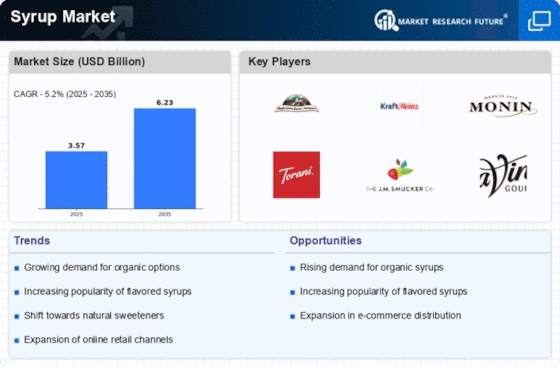
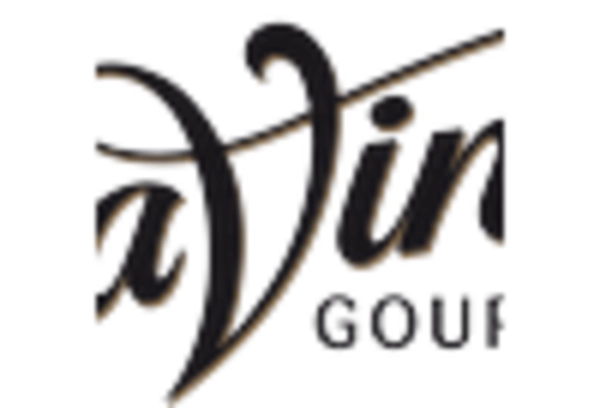

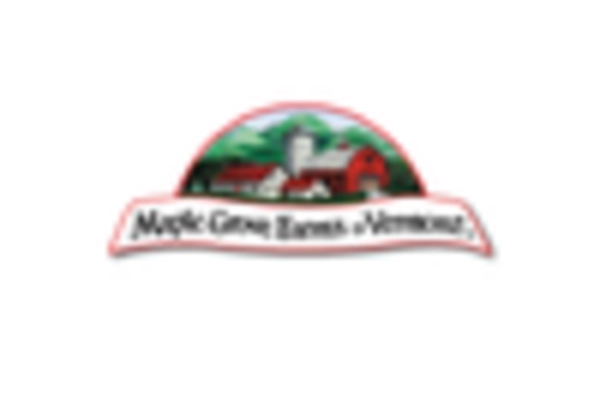
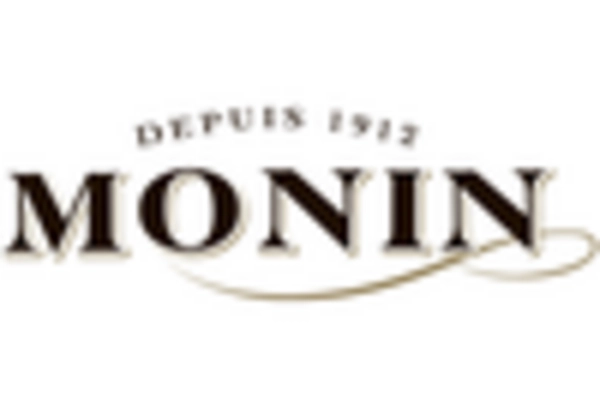
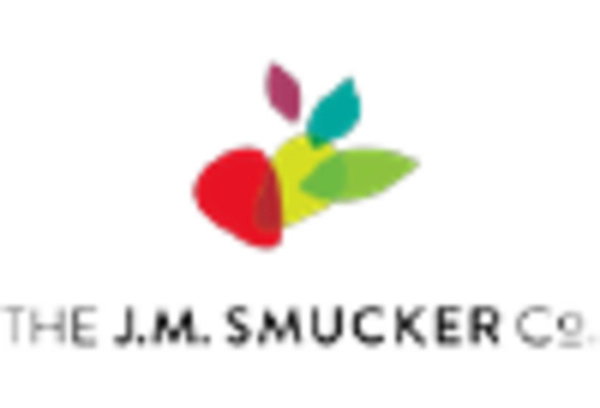
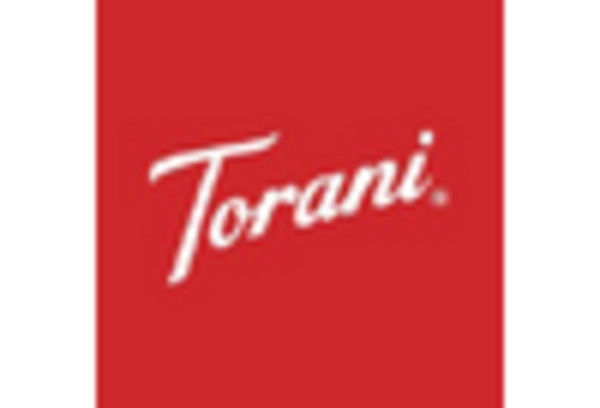









Leave a Comment